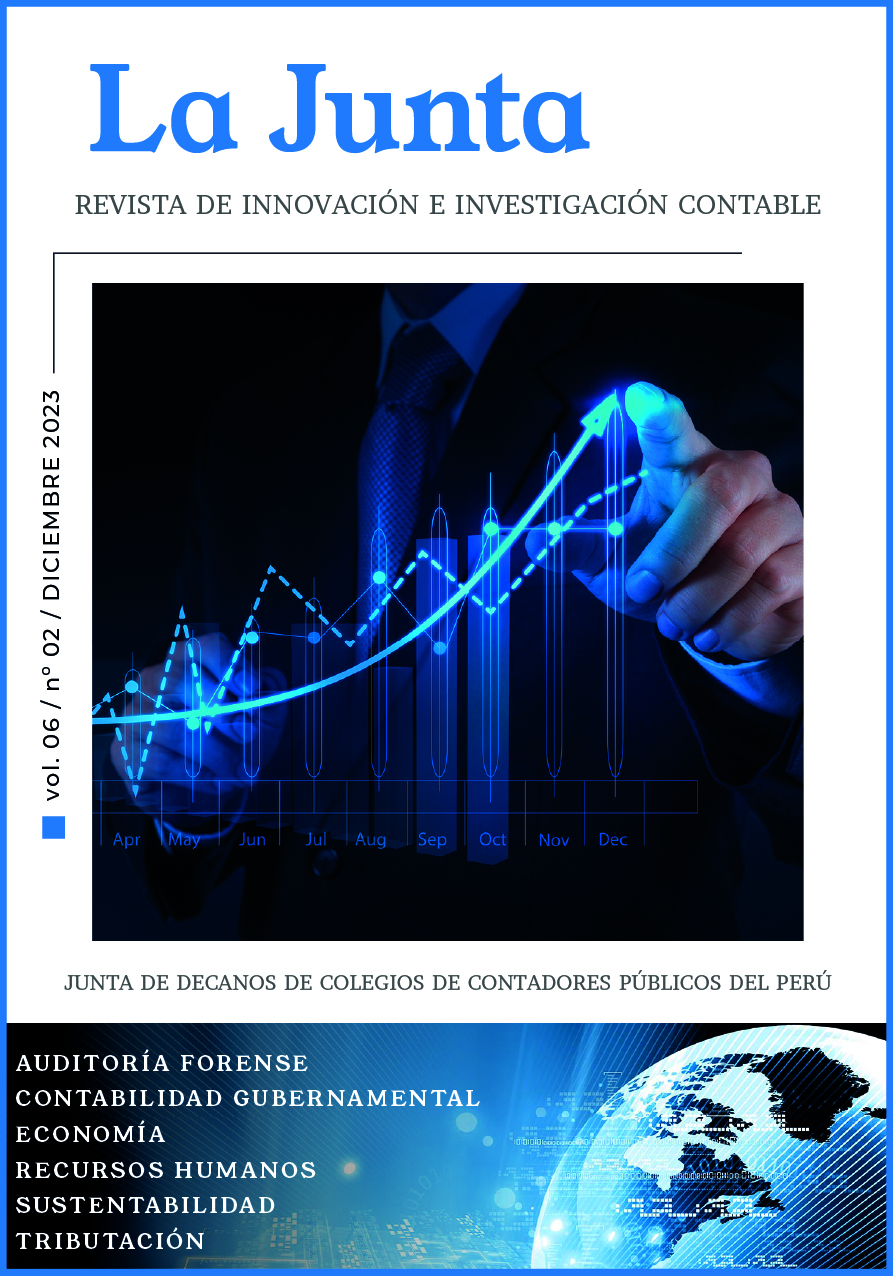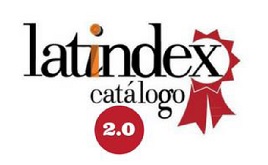Challenges of Government Accounting towards Transparency, Ethical Compliance and Sustainability
DOI:
https://doi.org/10.53641/junta.v6i2.117Keywords:
government accounting, public sector governance, sustainability, integrityAbstract
Public sector accounting faces new challenges for the generation of accrual-based
accounting information. However, in this segment of accounting not only is work being done to improve the quality of government financial information, but it must also consider current non-financial reporting requirements that include issues such as transparency, ethical compliance, and compliance. sustainability, as priority axes for accountability. In this sense, at the international level there are different initiatives that the different state entities, both national and at each of their levels, need to incorporate both in the management and in the accounting information generation systems. An exploratory methodology is applied that is aimed at detecting and critically analyzing the globally accepted documents issued on the subject by various international organizations and institutions that have been making their contributions in relation to higher quality public governance. Among the documents analyzed are those issued by the Organization for Economic Cooperation and Development (OECD), the International Public Sector Accounting Standard Board (IPSASB) and the World Bank. Honesty, ethics and transparent accountability are focused. Emphasis is placed on the importance of convergence towards guidelines that can be adopted by all nations for comparable, efficient and effective management, which responds to the needs of the community and is in dialogue with all groups interested in management. public. It informs about good governance strategies and sustainable development within the framework of public management. A contribution is provided in relation to the measurement and disclosure of information, highlighting the evolution of government accounting towards new dimensions of quality management.
Downloads
References
Association of Chartered Certified Accountants (2013). Understanding investors: directions for corporate reporting. ACCA Global.
Dagnet, Y., M.T. Rocha, T. Fei, C. Elliott, y M. Krnjaic. (2017). Mapping the Linkages between the Transparency Framework and Other Provisions of the Paris Agreement. Project for Advancing Climate Action Transparency (PACT).
De la Colina,J., García, V., Gómez, A. y Ordovás, M. (2021). La Sostenibilidad en las empresas públicas desde la triple perspectiva ESG. Compromiso con los nuevos marcos regulatorios de sostenibilidad de la UE. Forética.
Fransen, T., E. Northrop, K. Mogelgaard, y Levin, K. (2017). Enhancing NDCs by 2020: Achieving the Goals of the Paris Agreement. World Resources Institute.
Hood, C., y Soo,C. (2017). Accounting for Mitigation Targets in Nationally Determined Contributions under the Paris Agreement. OECD/IEA Climate Change Expert Group Paper. Organization for Economic Co-operation and Development and International Energy Agency.
Hood, C., Briner, G. y Rocha, M. (2010). GHG or Not GHG: Accounting for Diverse Mitigation Contributions in the Post-2020 Climate Framework. Organization for Economic Co-operation and Development and International Energy Agency.
IFAC (2023). Informes de sostenibilidad.
IIRC (2016). Focusing on value creation in the public sector.
IPSASB. (2014). The Conceptual Framework for General Purpose Financial Reporting by Public Sector Entities. The International Federation of Accountants.
Kasikias, P. (2014). Climate Policy Implementation Tracking Framework. World ResourceInstitute.
KPMG (2012): Applying Integrated Reporting principles in the public sector.
Montesinos Julve, V. ., y Brusca Alijarde, I. . (2022). Hacia la divulgación de información de sostenibilidad en el sector público. Apuntes Contables, (31), 11–32.
OCDE (2015). Directrices de la OCDE sobre el Gobierno Corporativo de las Empresas Públicas.
OCDE (2017). Recomendación del Consejo de la OCDE sobre integridad pública. OCDE.
Parlamento Europeo (2014). Directiva 2014/95/UE del Parlamento Europeo y del Consejo, de 22 de octubre de 2014, por la que se modifica la Directiva 2013/34/UE en lo que respecta a la divulgación de información no financiera e información sobre diversidad por parte de determinadas grandes empresas y determinados grupos.
Parlamento Europeo (2017). Directrices sobre la presentación de informes no financieros (Metodología para la presentación de información no financiera.
PNUD. (2013). El Ascenso del Sur: Progreso Humano en un Mundo Diverso. Informe sobre el desarrollo humano 2013. Programa de las Naciones Unidas para el Desarrollo.
Pollitt, C. (2011). 30 Years of Public Management Reforms: Has There Been a Pattern? World Bank's consultation exercise.
United Nations Framework Convention on Climate Change. (2003). National Communications: Greenhouse Gas Inventories from Parties Included in Annex I to the Convention. UNFCCC Guidelines on Reporting and Review.
Downloads
Published
How to Cite
Issue
Section
License
Copyright (c) 2024 Graciela Scavone, Verónica Sanabria

This work is licensed under a Creative Commons Attribution 4.0 International License.








